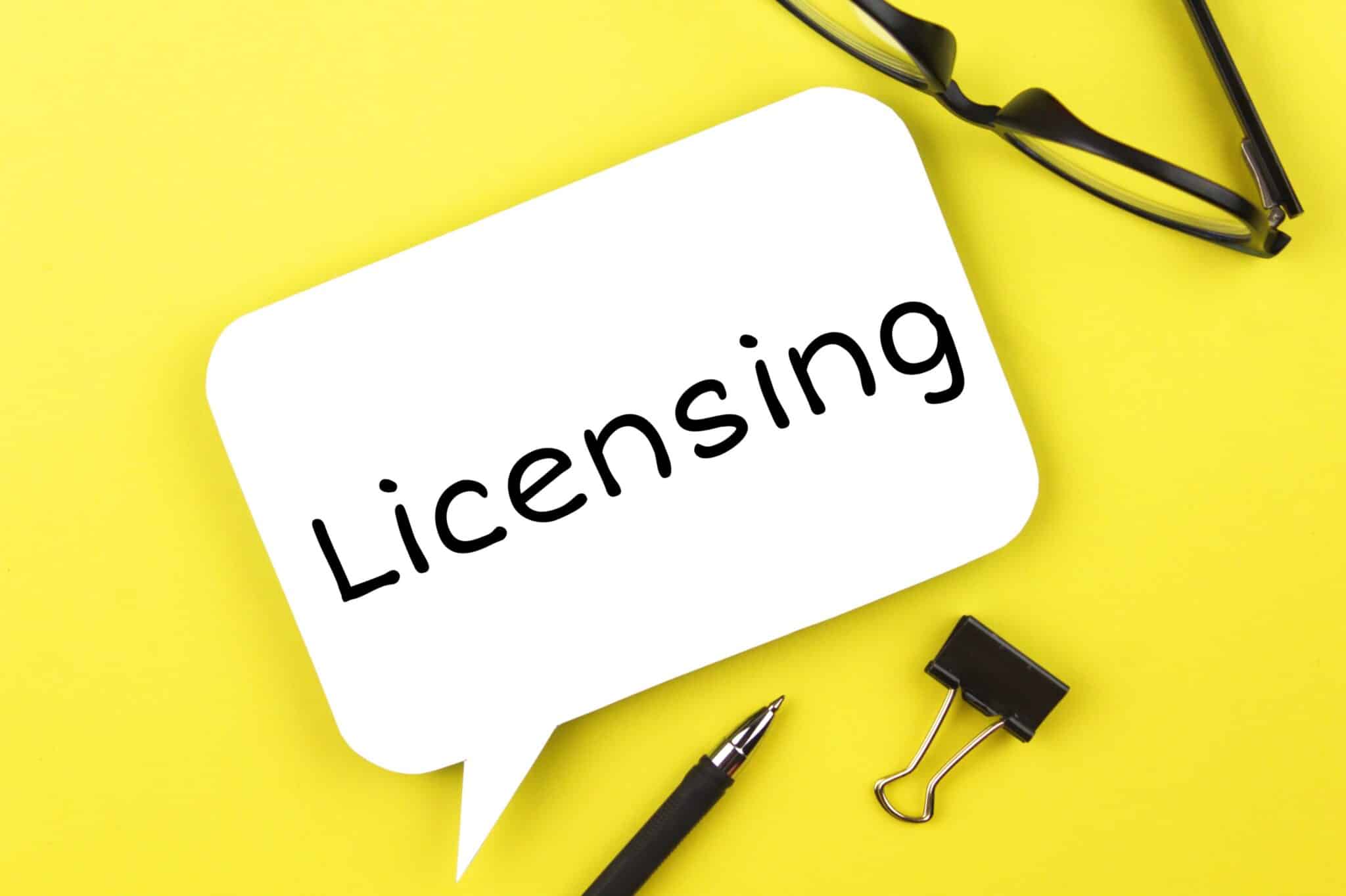Running a business comes with its fair share of challenges, from navigating contracts to staying…
Legal risks of licenses: how does the choice of license affect the business? – Guest Post

Every business journey is filled with many decisions, but few are as impactful as the choice of license and jurisdiction. Whether you’re launching an international tech company, opening a convenience store, or scaling an online casino, the type of license you obtain—and where you get it—can make or break your long-term success. Let’s break down why, and how you can sidestep the common legal risks tied to licensing.
Why your business license matters more than you think
Obtaining a business license isn’t just paperwork. It’s the gatekeeper to legal operation, access to markets, and protecting your reputation. A properly chosen license can open doors to new regions, lower compliance costs, and act as proof to banks, partners, and customers that your business is legitimate. On the other hand, failing to manage licensing properly, or missing a crucial permit, can result in heavy fines, suspension, reputation damage, or even criminal charges.
Convenience store operators in the US may need 8–10 licenses per location, covering alcohol, tobacco, lottery, fuel, food, and general business operations—sometimes from federal, state, and local authorities. Even products you wouldn’t expect, like fishing bait, might require a license. It’s not just about starting a business; continuing to grow, expand into new markets, or changing products can trigger new licensing needs.
How the choice of license affects legal risk
When businesses select a license, they set the tone for compliance, not only with local but sometimes international standards. The wrong or missing license can dramatically increase legal risks such as:
- Fines and penalties: Regulators are becoming stricter. Audits and inspections for regulated products like alcohol or gambling are routine, and noncompliance can cost thousands of dollars per license or cause delayed openings.
- Business shutdowns: In severe cases, authorities can suspend or close noncompliant businesses.
- Reputational harm: Negative news can linger online and affect customers’ trust and future growth.
- Missed opportunities: Without the right license, you may be barred from certain markets, unable to bid on contracts, or prevented from expanding into new countries or sectors.
Risks of ignoring jurisdictional specifics
Not all licenses are equal—and not all countries or states welcome the same business models. Jurisdiction plays a huge role. Imagine you are expanding your fintech company or launching a new online gambling venture. Some countries hesitate to adopt new technologies or have strict legal barriers that prevent certain operations entirely. Others might introduce sudden regulatory changes that make your business obsolete overnight.
Common issues with picking an inappropriate jurisdiction include:
- Local reluctance to new technologies, leading to extra hurdles or outright bans (e.g., crypto operations or blockchain gambling).
- Heavy restrictions on the types of markets you can enter, or requirements so strict that they make it nearly impossible to operate profitably.
- Confusing renewal or reporting schedules, increasing the chance of missed deadlines and accidental noncompliance.
Dangers for unlicensed or improperly licensed businesses
Some founders try to cut corners by skipping licensing altogether or using “grey area” licenses that don’t quite match their operations. Risks include:
- High fines and penalties.
- Forced business closures.
- Criminal liability, especially in regulated sectors like gambling, food, and finance.
- Legal disputes, including invalidated agreements with clients or partners.
- Limited access to payments and financial services, as banks and PSPs may refuse to work with unlicensed companies.
Key advantages of a Curacao license for international business
When considering a jurisdiction, Curacao stands out—especially for online gaming and digital business models. Key benefits include:
- Market access without complex barriers: Designed for cross-border operations.
- Fast, efficient licensing: Quicker process compared to Europe or North America, with streamlined renewals.
- Lower legal costs: Simpler requirements mean reduced compliance expenses.
- Transparency and international standards: Increasingly aligned with global best practices.
- Future-proofing: Easier adaptation to stricter jurisdictions later.
Curious about what it takes to operate legally from Curacao? You can check the legal requirements for Curacao to get a clear idea of what’s involved.
Choosing the right license: best practices
Here’s what you can do to minimize legal risk and set yourself up for success:
- Centralize compliance management: Use tools or a dedicated manager/team.
- Match your license to your actual activity: Ensure it fits your business scope and markets.
- Renew and record carefully: Track deadlines and update licenses for structural changes.
- Stay current on regulations: Regularly review updates in each jurisdiction.
- Plan for scale: Ensure licenses can be maintained or transferred as the business grows.
How the right license supports stability and growth
When legal compliance is seen as a strategic asset—not just another cost—businesses can launch faster, grow with confidence, and avoid costly surprises.
For international businesses, especially in digital and regulated sectors, starting with a flexible, globally recognized, and easy-to-maintain license (like Curacao’s) can make all the difference.
Detailed research, a proactive approach to compliance, and choosing the right license are not just legal requirements—they are core strategies for building a resilient, profitable business.
